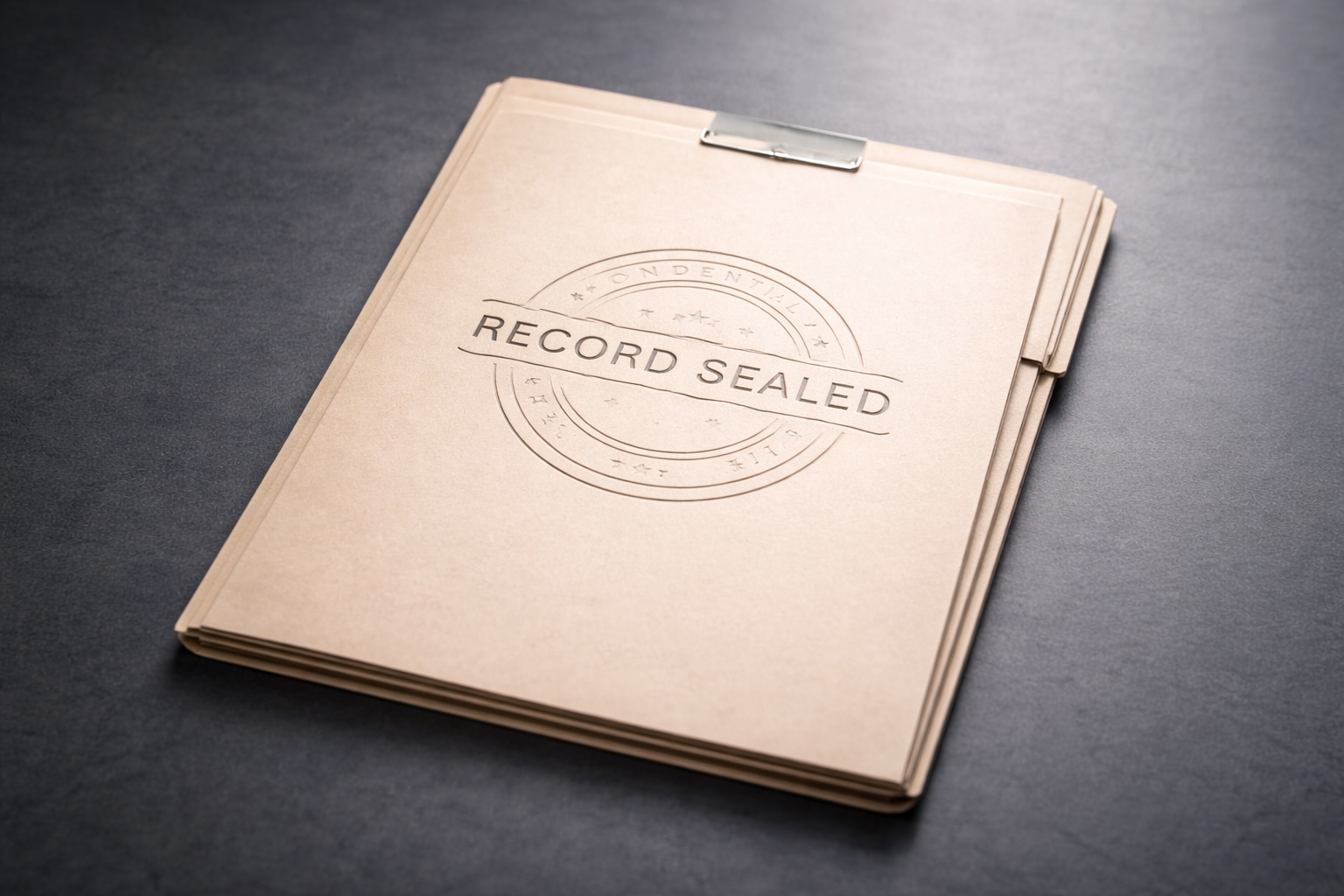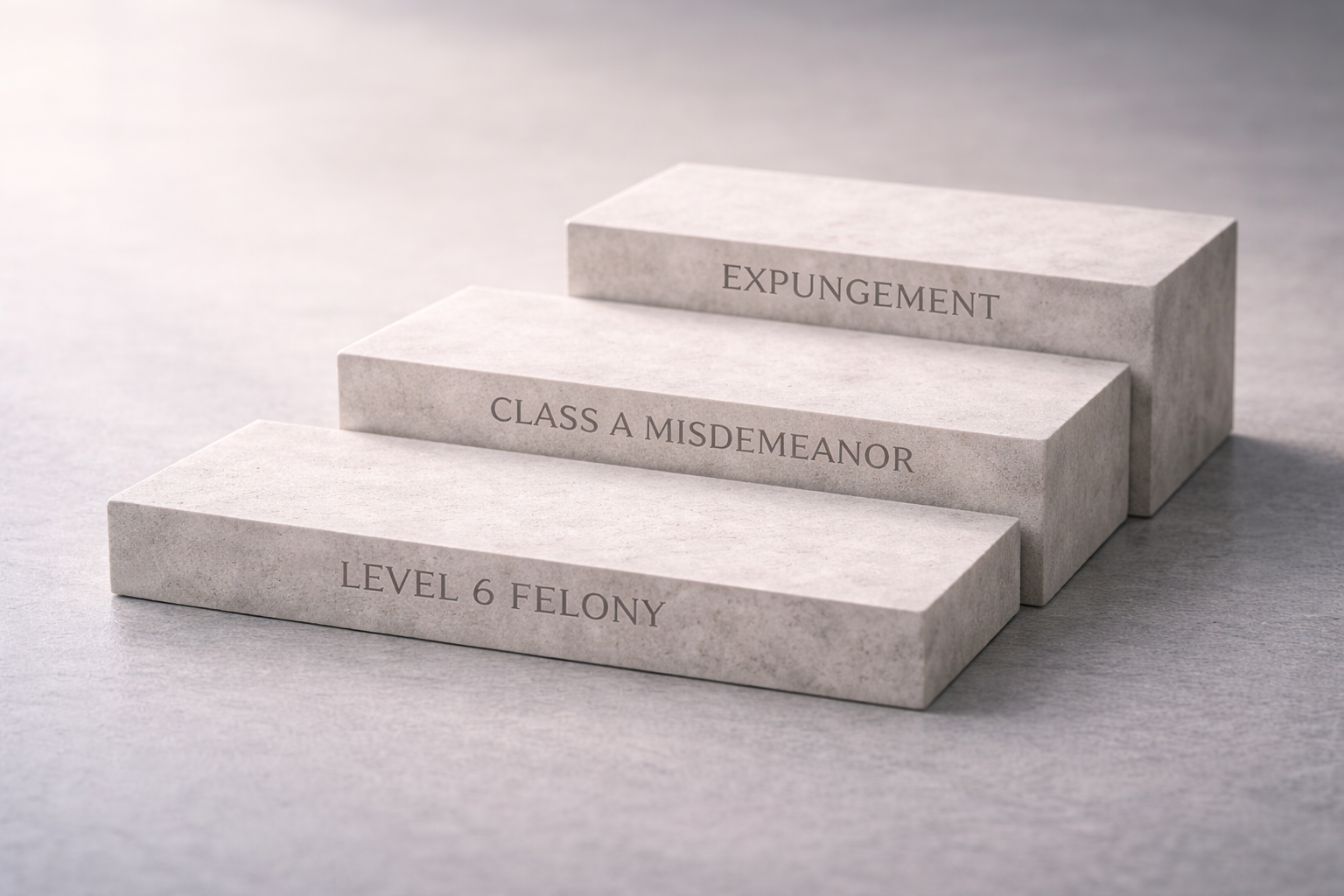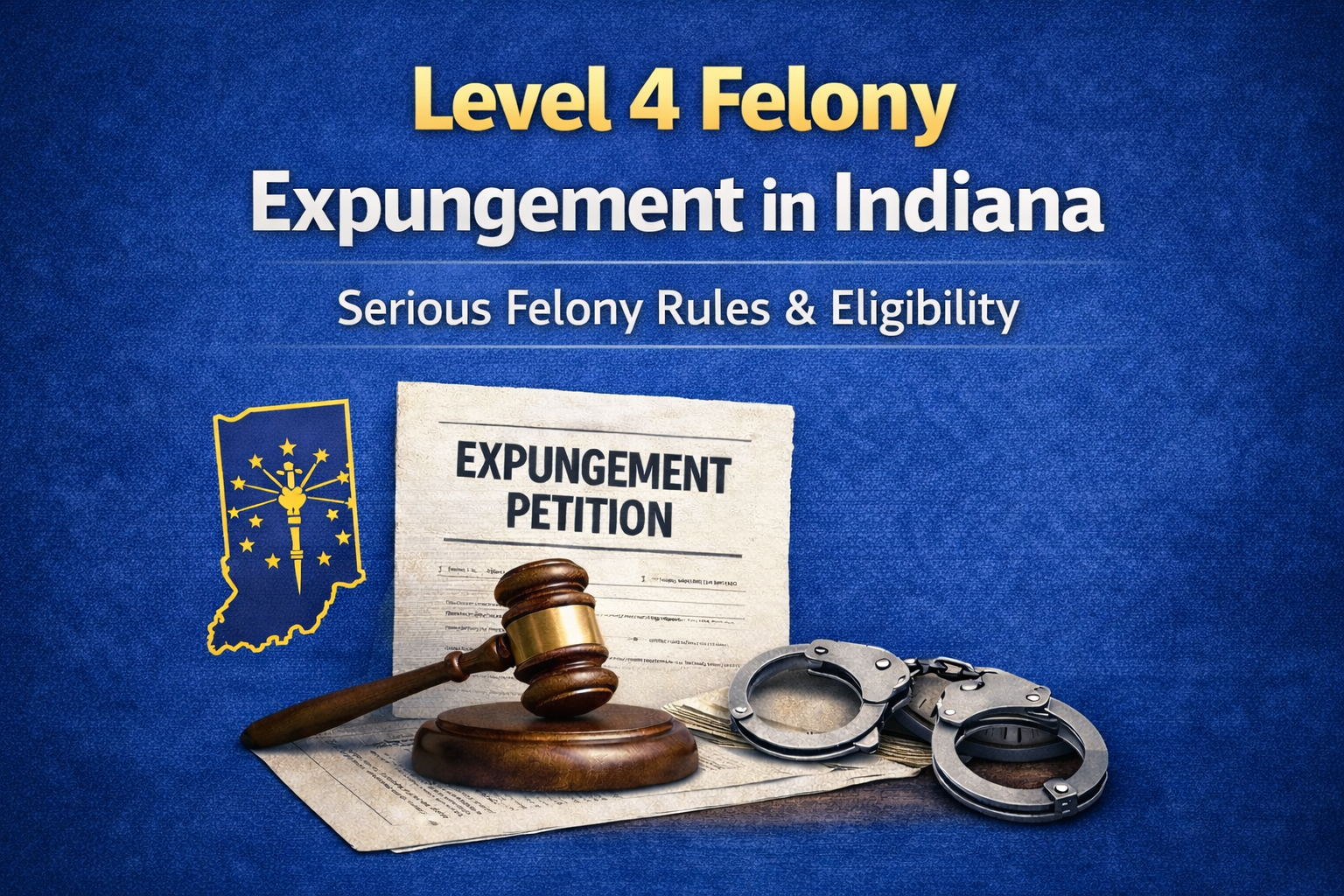Expungement for Arrests Without Conviction in Indiana: Clear Your Name and Move Forward
Introduction: Arrested But Never Convicted? You Can Still Clear Your Record
Being arrested—whether for a misunderstanding, false accusation, or dropped charges—can follow you long after the case is over. Even if you were never convicted, the arrest still shows up on your background check. For many people, this creates unnecessary barriers to employment, housing, and licensing.
But under Indiana law, you can expunge arrests that didn’t lead to a conviction—and in many cases, you don’t even have to wait years to do it.
✅ Good news: If charges were dropped, dismissed, or you were found not guilty, you may qualify to expunge your arrest immediately.
Who Qualifies for Arrest Expungement in Indiana?
Under Indiana Code § 35-38-9-1, you are eligible for arrest expungement if:
You were arrested but never charged
Your charges were dismissed
You were acquitted (found not guilty)
You completed a diversion program
At least one year has passed since the date of the arrest you’re seeking to expunge, and that arrest did not lead to a conviction. You may still qualify even if you have other arrests or convictions, as long as those do not disqualify you under a different section of the expungement law.
Why Should You Expunge an Arrest That Didn’t Lead to a Conviction?
Even if the case never went anywhere, arrest records are public. That means:
Employers might see it and assume guilt
Landlords may reject your rental application
Licensing boards can question your background
The stigma can linger—socially, professionally, and financially
📌 Expungement removes the record from public databases.
How the Expungement Process Works for Non-Convictions
1. Check Your Eligibility
Confirm that your case was resolved without a conviction. This includes:
No filed charges
Dismissal
Not guilty verdict
Diversion program successfully completed
Additionally, at least one year must have passed since the date of the arrest, and you must not have any pending criminal charges at the time you file.
You may still be eligible even if you've had other arrests or convictions after this one — those will be evaluated separately under different parts of the expungement law.
2. File a Petition for Expungement
3. Wait for Court Approval
If the court approves the petition, your arrest record will be sealed from public view. Government agencies (like the police and courts) still have access, but it won’t show up on background checks for jobs, housing, or professional licenses.
What Records Will Be Expunged?
Once granted, expungement removes public access to:
Arrest records
Booking information
Court case summaries
Online databases and mycase.in.gov entries
💡 However, internal law enforcement databases may still retain the record for investigatory or repeat-offense purposes.
Can You Expunge Multiple Arrests?
Yes. If you’ve had multiple arrests without convictions, you can typically petition to expunge each one individually, or include multiple eligible arrests in a single petition—as long as none led to a conviction.
Why You Should Still Consider an Attorney
While expunging a non-conviction is usually more straightforward, it’s still a legal filing, and errors can result in:
Delays
Rejections
Permanent sealing of the record as ineligible (if denied)
An attorney ensures:
The petition is complete and accurate
The court receives supporting documentation
You meet all procedural requirements
Conclusion: Don’t Let an Arrest Without Conviction Haunt Your Future
If you were arrested in Indiana but never convicted, you don’t have to carry that record with you forever. Expungement allows you to reclaim your privacy, protect your reputation, and move forward with confidence.
📞 Need help clearing your name? Call Vining Legal LLC at (317) 759-3225 or schedule a free consultation. We’ll walk you through the process and help you take the next step toward a clean slate.





